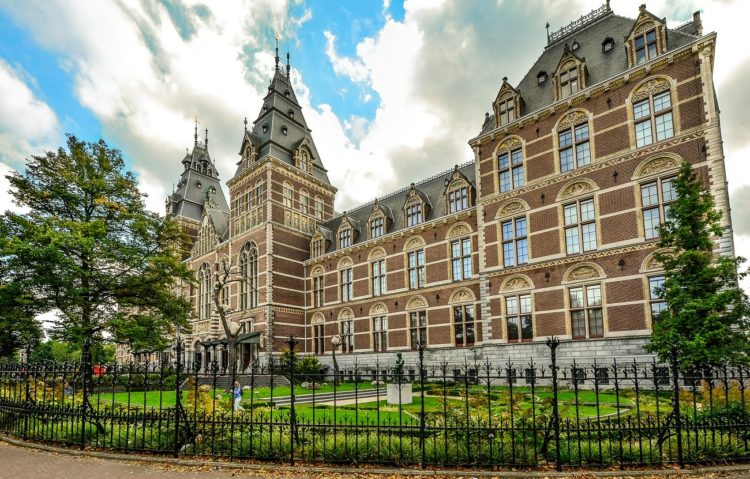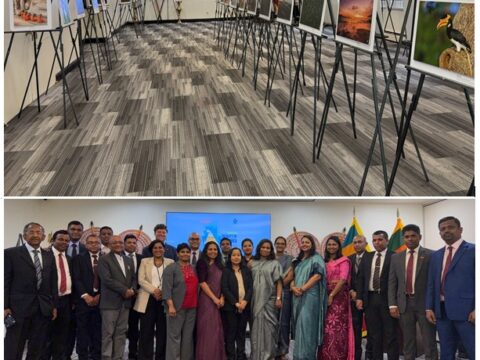AMSTERDAM, March 2019: One of the Netherlands’ most venerated institutions, the Rijksmuseum in Amsterdam is starting talks with Sri Lanka about some 1,000 pieces in the museum’s collection that may have been stolen and become part of the Dutch ‘colonial heritage’, according to a report in the Dutch newspaper, Trouw.
The move comes after last week’s decision by the Dutch National Museum of World Cultures (NMWC) to publish guidelines for countries to claim stolen art or art that is of great cultural significance to a country.
‘It’s a disgrace that the Netherlands is only now turning its attention to the return of the colonial heritage’, Rijksmuseum’s Director General Taco Dibbets told Dutch newspaper Trouw. ‘We should have done it earlier and there is no excuse.’
Talks in Sri Lanka will begin in two weeks’ time and will centre around the return of some ten objects. They include a ruby-encrusted canon which was taken as booty following a military campaign in 1765 and the Banjarmasin diamond which was the property of sultan Panembahan Adam of Banjarmasin (South Borneo) which was colonised by the Dutch in 1856.

The Rijksmuseum has around 4,000 colonial object, not all of which, Dibbits says, were stolen. All objects are owned by the state so museums cannot take the decision to return an object on their own.
Dibbets said he was sending his head of history, Martine Gosselink, to Sri Lanka to discuss the provenance of some of the 4,000 colonial objects exhibited at the Rijksmuseum.
He said: “It is not possible to arrange matters from the Netherlands. You have to sit down with the people there, see it on a case-by-case basis. Gosselink is also going to Indonesia later this spring. Different factors play a role in every country, with each country is different.“
The NMWC guidelines have come in for criticism because they don’t include much about the steps museums themselves could take before claims come in.
“Before there is any negotiating to be done, the Netherlands already sets out its conditions. It’s a typically Dutch approach. How is that going to lead to a satisfactory joint decision?”, Trouw quoted historian and stolen colonial art expert Jos van Beurden as saying.
The Rijksmuseum collection takes visitors on a journey through Dutch art and history from the Middle Ages up to and including the 20th century. The story of the Netherlands is placed in an international context and, spread over four floors, is told in chronological order. Paintings, prints, drawings, photographs, silver, porcelain, delftware, furniture, jewellery, costumes and objects from Dutch history together tell the story.

The pioneering move comes amid a debate in museums and galleries across Europe about the provenance of its exhibits.
In France, Belgium, Germany and the UK, the debate over colonial artefacts has raged in recent months with varying levels of engagement by implicated museums.
A 108-page report published last November by the French academics Bénédicte Savoy and Felwine Sarr on the restitution of African cultural heritage prompted the French president, Emmanuel Macron, to commit to their return.
The Africa museum in Brussels, a former colonial institution, is in talks with the Congolese government about returning objects to be put on display in a new institution being built with funding from the South Korean government.
Last October, the British Museum in London launched an initiative intended to tackle the perception that its collections derive solely from looted treasures. The museum has been criticised for refusing to return a range of looted treasures, including the Parthenon Marbles, Rosetta Stone, and the Gweagal shield. In February, Nigerian officials requested the immediate return of the Lander Stool from the British Museum, an object believed to be the first object looted from the country during the colonial era.




